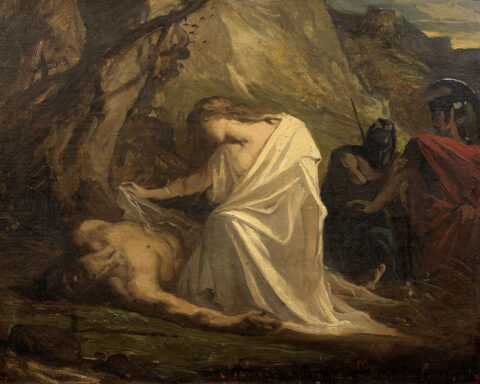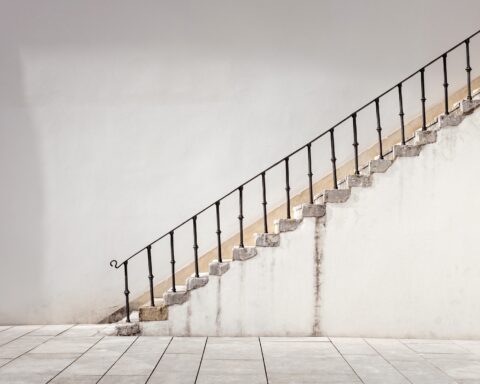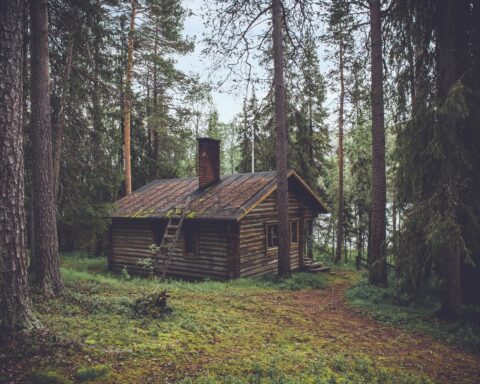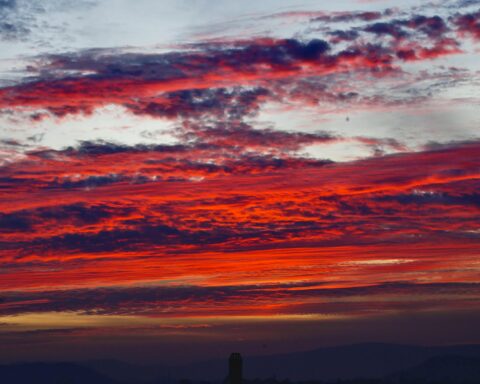Five ponds, shed, decaying woodpile, earthworm mound and a fence that leans with overgrown blackberries, sways in the wind, dips with the burden of wasted fruit. Martha pulls the old fishing sign down, gently eases the square-tipped nails from the faded letters. Her daughter clings to her knees, it is her home now. Grasshoppers settle; the chatter silenced as the rusted pegs creak loose one-by-one. A quiet end. The sign rests in the tufted-hair grass, wood of fifty hard years looks like the features of a weathered man; gray, cracked, still.
The Cherokee chiefs, Major Ridge and John Ross left in a Trail of Tears from here, their last spot of freedom. What did the Cherokee children think, when they left this spring—snatched from their mountain homes, marched, removed and forgotten? The Coosa, Cherokees, Creeks all gone.
Battlehall’s fish farm is closed, arrowheads buried, tire tracks from rusted trucks that spun in the soft red earth, are not yet covered by false brome. The springs seeping beneath our shoes, as we stand where silt and air ooze up, rush through a twenty-inch pipe, gush into the trout run alive with frogs, cattails, and snails, hugging the stalks like Martha’s child to her thigh. The wind rustles floating foxtail, duckweed, bladderwort, frogbit drop their store-buds, root-locked to the springs’ downward flow. One hundred yards north, in the shade of two hollowed white oaks, pillars for yellowing Virginia creeper, rests the darkness of the catfish pond. Stillness, a flicker, then whiskers ruffle the surface momentarily.
We are three strangers who watch countless bleary eyes sink with twenty-pound weight to the bottom blackness. Their eyes see through the willow’s roots, past our sweat-soaked boots into our hands. We feed them like our children, their plump white bellies flash at dusk, hungrily mouth the brown water, wait for more pellets of food. They know we don’t have nets, lines, or hooks to tear them from their pond. Still, they are wary of our casted shadows, or perhaps the pressing flow of the water, whose origin is still unknown.



